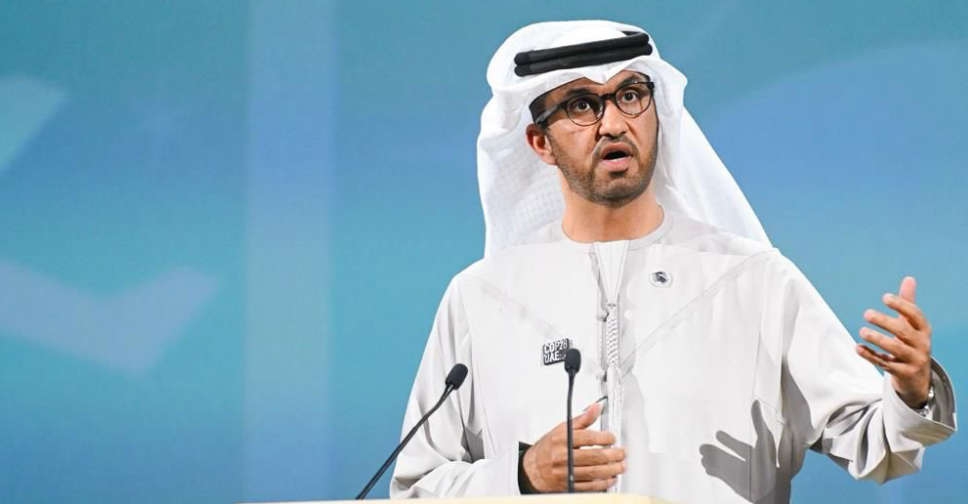
Hungarian Prime Minister Viktor Orban vetoed a major European Union aid package for Ukraine on Friday and warned he could still halt Kyiv's accession to the bloc after membership talks won EU approval.
At a summit in Brussels on Thursday, the European Union's 26 other leaders took the historic step of agreeing to start accession negotiations with a country at war, bypassing Orban's objections by getting him to leave the room.
But, hours later, they could not overcome resistance from Orban - who maintains close ties to Russia - to a revamp of the bloc's budget to channel 50 billion euros ($54.94 billion) to Ukraine and provide more cash for other EU priorities such as managing migration.
Orban told state radio on Friday that he blocked the aid package to Ukraine - part of a broader multi-year budget plan - to make sure Hungary gets the funds it wants from the EU budget.
"I have always said that if someone wants to modify the (EU)budget - and they want to - then it is a great opportunity for Hungary to make it clear that it must get what it is entitled to. Not half of it, or one-fourth," he said.
The breakthrough on a membership path came at a critical time for Ukraine with its counter-offensive against Russian invasion forces having failed to make major gains and with US President Joe Biden so far unable to get a $60 billion package for Kyiv through Congress.
Ukrainian President Volodymyr Zelenskiy hailed the approval of membership talks as a victory for Ukraine and Europe, but Orban stressed the talks would be very long - and warned Hungary could still block them at any time.
'BAD DECISION'?
"This is a bad decision," the nationalist Hungarian leader said. "Hungary bears no responsibility for this, we can halt this process later on, and if needed we will pull the brakes, and the ultimate decision will be made by Hungarian parliament."
The EU leaders ended talks on the financial package, which requires unanimity, in the early hours of Friday morning and said they would try again in January, with some voicing optimism a deal could be clinched then.
"I can assure you, Ukraine will not be left without support, there are different ways to do this," Estonian Prime Minister Kaja Kallas said.
"I am pretty confident we will have a solution by January," she said.
Member states could also provide aid individually or strike separate deals.
Although membership would likely be many years away, the decision at the Brussels summit takes Ukraine a step closer to its long-term strategic goal of anchoring itself in the West and liberating itself from Russia's orbit.
German Chancellor Olaf Scholz played a key role in getting Orban to leave the room to clear the way for a decision, diplomats and officials said. Scholz said the decision was "a strong sign of support" for Ukraine.
Belgian Prime Minister Alexander De Croo, reflecting frustration with Orban, said it was time for the Hungarian to pipe down.
"If you are part of the decision, you agree with the decision, or afterwards you just have to keep your mouth shut," he said.
EU leaders were set to reconvene on Friday to discuss other topics including the Israel-Hamas war.

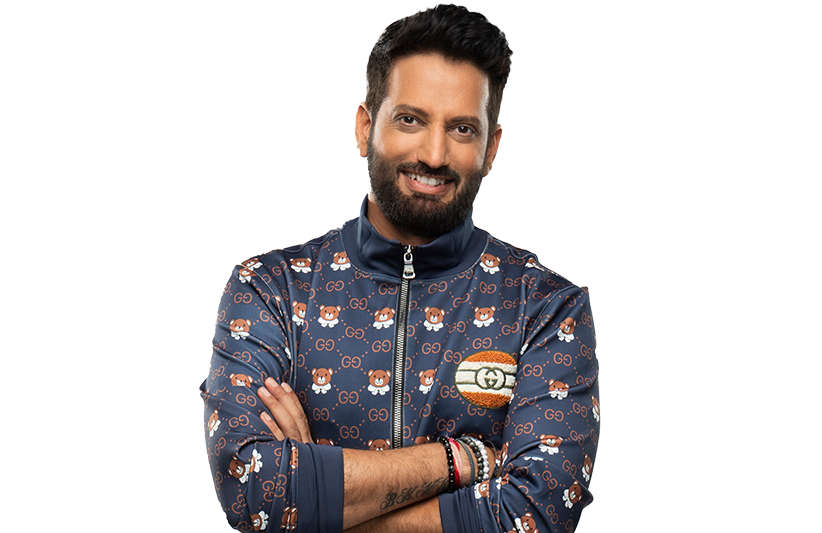

 Missing man found alive in cellar 26 years later
Missing man found alive in cellar 26 years later
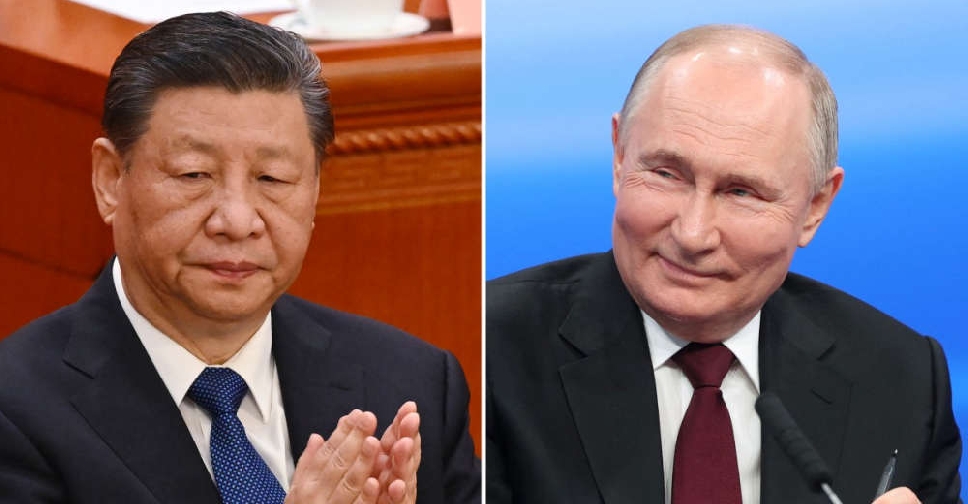 China to always be friends with Russia says Xi
China to always be friends with Russia says Xi
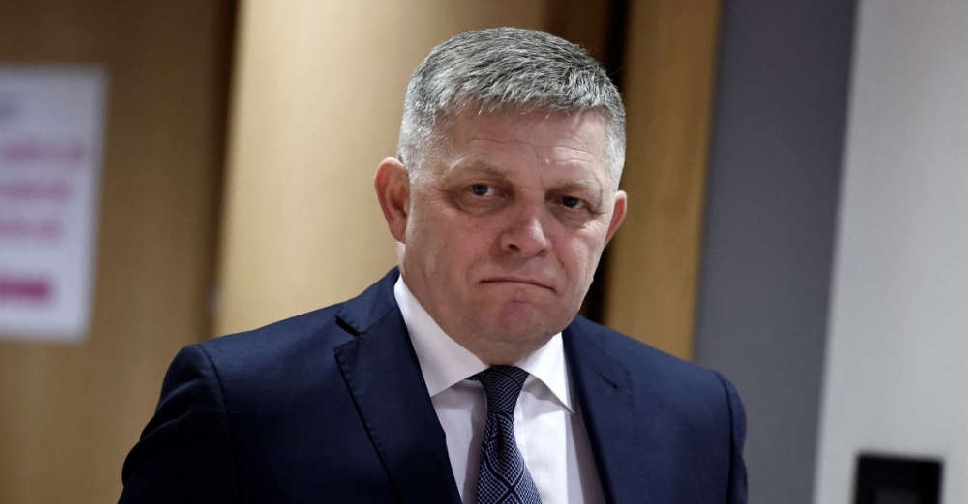 Slovak PM Fico no longer in life-threatening condition after being shot
Slovak PM Fico no longer in life-threatening condition after being shot
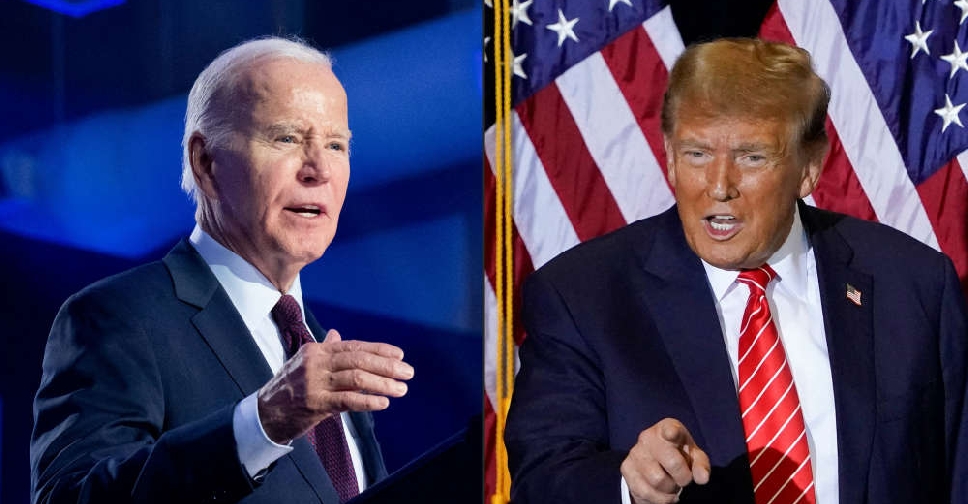 Biden, Trump agree to June and September presidential debates
Biden, Trump agree to June and September presidential debates
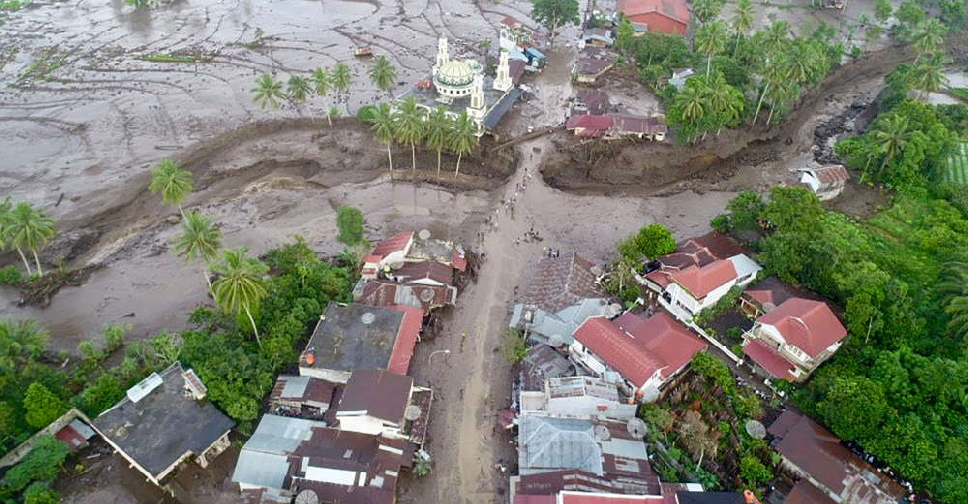 Indonesia's death toll rises to 67 from Sumatra floods, 20 still missing
Indonesia's death toll rises to 67 from Sumatra floods, 20 still missing

